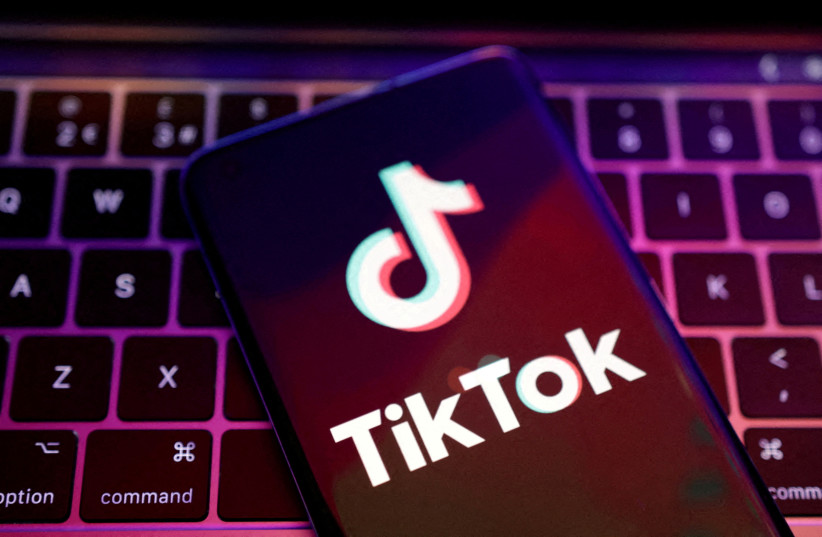WASHINGTON – Members of the Interparliamentary Task Force to Combat Online Antisemitism on Monday sent a letter to senior executives of Meta, Twitter, YouTube, and TikTok requesting “transparency and collaboration to address a surge in online hate corresponding with real-world attacks on the Jewish community.”
US Rep. Debbie Wasserman Schultz (FL-25), Canadian Member of Parliament Anthony Housefather, and former Israeli Knesset Member Michal Cotler-Wunsh, are the co-chairs of the group. The task force includes additional members from the US, Canada, Israel, Australia, the UK, South Africa and New Zealand.
According to the office of Wasserman Schultz, each letter contains “a list of concrete recommendations for the platform, ranging from incorporating the International Holocaust Remembrance Association’s working definition of antisemitism as a tool for content moderation to sharing data with Jewish advocacy organizations and law enforcement to prevent online extremism from mobilizing violence against Jews.”
The letters were addressed to Neil Potts, Vice President of Public Policy at Meta; Lauren Culbertson Grieco, Head of Government Affairs for US and Canada at Twitter; Kevin Kane, Director of Government Affairs at YouTube; and Eric Ebenstein, Senior Director of Public Policy at TikTok.
Bigotry evolves
The authors highlight “the evolving nature of online bigotry and incitement of violence against Jews and other protected groups, as well as the extent to which real-world attacks coincide with surging digital hate speech” and note that their standing as elected officials compels them “to improve the lives of our constituents by pursuing a world free from hate,” her office said.
“The algorithms governing these platforms have provided unprecedented reach to those who espouse antisemitic beliefs, with serious consequences for the global Jewish community,” Wasserman Schultz said in a statement.
“We’ve convened experts and lawmakers from across the political spectrum to ask difficult questions and provide these companies with the tools they need to identify and eliminate hateful content. These companies play a major role in steering the public discourse and we’ll keep pushing them to live up to their commitments.”
Housefather added in a statement that “the hearings we held in Congress in September allowed for substantial dialogue between Task Force members from around the world and the largest social media platforms.”
“The follow-ups and recommendations we are making in this letter highlight necessary actions to increase transparency and accountability and reduce antisemitism and other forms of hate on the platforms. I look forward to a positive response from each of the platforms,” he said in a statement.
“Online antisemitism is not just harmless chatter relegated to dark corners of the internet - it spills onto campuses and into the streets, causing rising real-world harm,” said Cotler-Wunsh.
“Online and off, Zionist ‘coding’ mainstreams the targeting and exclusion of Jews from equal access and participation, violating DEI principles that apply to all others, exposing the imperative of adding Zionism to platforms’ protected characteristics. This underscores the urgency to adopt and implement the IHRA consensus definition, vital to comprehensively identifying and combating the scourge of ever-mutating antisemitism,” her statement reads.

